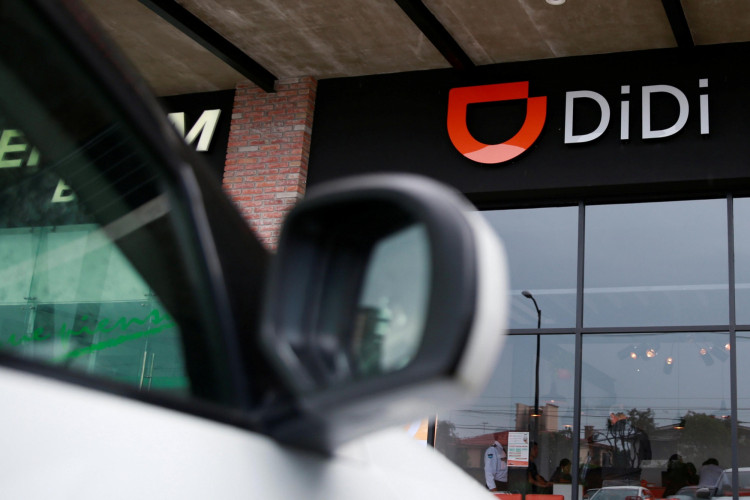Ride-hailing company Didi Chuxing has set a goal of 100 million orders a day in China by 2022 and 800 million worldwide. But that isn't its only ambition.
It said this week it wants to expand its community e-commerce business to more cities in China following a three-month, small-scale pilot in Chongqing and other cities in Sichuan province. The company didn't elaborate.
Pickup Instead Of Delivery
Its Chengxin Youxuan app connects grocery stores with shoppers who live nearby. Shoppers can order daily groceries and supplies online and pick them up the next day at stores. The service doesn't involve vehicles, can increase inventory turnover and avoid the waste of fresh food like fruit and vegetables, analysts said.
As of Sept. 11 the pilot service had received more than 500,000 orders a day, the company said. It welcomes suppliers to join and promises to pay sales commissions and offer training.
China's biggest cities like Beijing and Shanghai have seen fierce battles in this industry. Expanding the business to more cities means Didi Chuxing will have to compete with grocery delivery companies like Meituan, Meiri Youxian, JD Daojia, Hema Fresh and Dingdong Maicai.
Community e-commerce, or grocery e-commerce, was one business to see demand during the coronavirus outbreak. As of this May, active users of fresh food delivery on WeChat's embedded mini apps topped 88.47 million - a year-over-year rise of 65.6%.
Lessons Learned
In April, 2018, Didi Chuxing launched food delivery app Didi Waimai in Wuxi after an eight-day test. In competition with Meituan and ELEME Inc., Didi offered 14 million yuan ($2.06 million) in incentives on its first day. It said it beat its competitors with 334,000 online orders in one day. Didi Waimai reportedly poached 70% of its Wuxi delivery drivers from Meituan.
The company then moved into Nanjing, Taizhou, Chengdu and Zhengzhou. By September 2018, however, an expansion to Jinan was suspended.
"Didi used money to hammer the market open for it but it would inevitably face failure when it no longer gave subsidies," a food supplier in Zhengzhou said.
In February 2019, Didi announced it was laying off all its Didi Waimai staff and closing its domestic food delivery business. In 10 months of trying to burst into food delivery, Didi reportedly burned through 1 billion yuan. In 2018, Didi Chuxing lost 10.9 billion yuan ($1.6 billion.)
Driven To Expand
Analysts said Didi's move to open Didi Waimai was not only inspired by former rival UberEats but also "ignited" by food delivery company Meituan. Meituan went head to head with Didi and initiated its own ride-hailing business. Users access cars dispatched by several ride-hailing platforms via a Meituan app or hail vehicles directly using Meituan's user interface.
As of August, Didi Chuxing reported an accumulative loss of 39 billion yuan since its establishment six years ago. It responded by finding $20 billion in new capital and aggressively spending it on companies like U.S.-based Uber, Lyft, India-based GrabTaxi and Brazil-based 99 Taxi as well as in new energy, artificial intelligence and food delivery.





